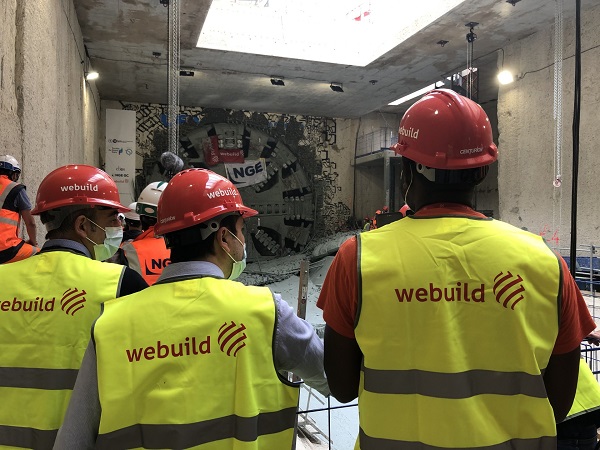Italian construction giant Webuild says it is looking to hire about 10,000 specialised construction workers to work on various infrastructure projects across Italy.
And according to chief executive Pietro Salini, Africa could be a potential source of the specialised construction workers.
Speaking recently at a conference dubbed “A dignified immigration from Africa for work and the future of Italy” organised by Catholic University of the Sacred Heart in Italy, Salini acknowledged that the journey to finding specialised talent was difficult but one that is worth taking.
“Just in 2022, we hired 15,000 people, of whom 40 percent were under 30. It is a huge effort both in finding them and training them. But it is of the utmost importance in order to modernise and make Italian infrastructure more sustainable,” he said.
“Businesses in Italy are searching for over 530,000 people, and almost half of these are very hard to find,” continued Salini. “The infrastructure sector requires increasingly more specialised workers.
This is why Webuild has been investing for years in professional training, in a culture of safety and innovation, for all those wishing to work in a growing sector like our’s: new generations, the unemployed, and all those with a desire to reposition themselves in the workplace, including immigrants, refugees and prisoners. In just five years, from 2018 to 2022, we issued over 2.8 million training hours.”
Why Africa
Salini also focused on the epochal transformation that Africa is living today.
“The continent has overtaken Asia in becoming the main source of population growth. Four of the eight countries that will account for more than half of the population growth up to 2050 are African.
Among them, Nigeria by 2058, which could have more inhabitants than the entire EU. This is why an efficient and shared immigration management between Europe and member states is strongly needed.
It is essential to support companies in training foreigners to provide everyone – and not just the already employed – with a basic knowledge that is essential to ensure safety on construction sites.
In addition to the actions being carried out in countries where immigrants travel, “it is necessary to train people to create the required skills in the countries of origin, driving lasting growth and stabilising migration flows,” concluded Salini.
Also Read
AfDB bolsters Nigeria’s Ekiti Knowledge Zone with $80m loan financing
Top 5 railway projects that will revolutionize transport in Africa

